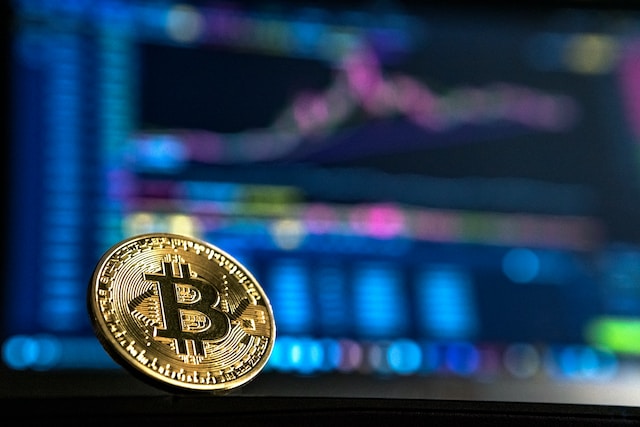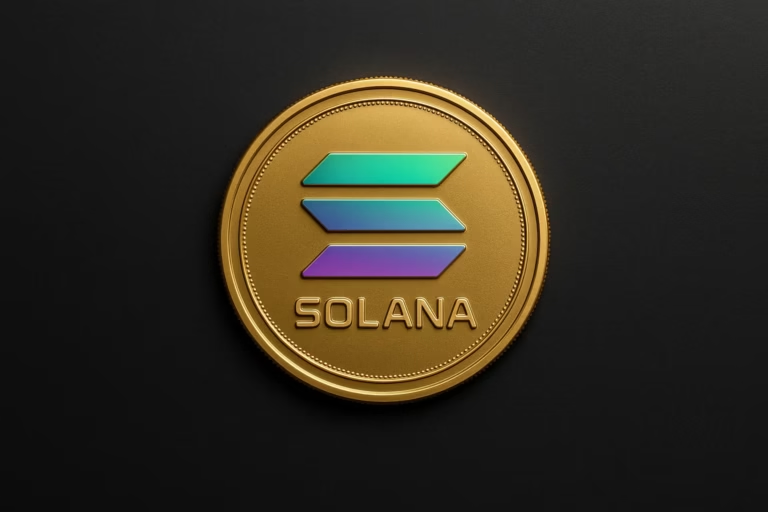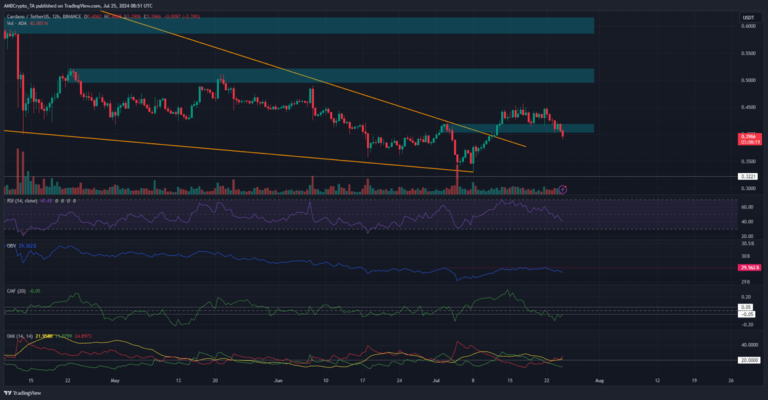
- Bitcoin’s longevity is shadowed by skepticism, but it’s crucial to dispel misconceptions.
- By addressing myths about its intrinsic value, decentralized nature, legality, volatility, and potential as a bubble, Bitcoin’s true potential as a revolutionary digital currency becomes clearer.
Despite being around for more than 15 years, Bitcoin still faces skepticism from media pundits, market analysts, and even regular people. For those who have ever encountered someone dismissing Bitcoin as a scam or claiming its value is unsubstantiated, it’s essential to debunk the prevalent misconceptions about the premier cryptocurrency.
Myth 1: Bitcoin Has No Intrinsic Value
It’s true that, unlike fiat currency, Bitcoin isn’t backed by a central bank, and its value doesn’t stem from traditional cash flows or dividends of publicly traded stocks. However, dismissing Bitcoin’s intrinsic value overlooks the unique attributes that render it valuable: decentralization and borderlessness, which enable efficient global value exchange, and scarcity, which make it an appealing hedge against currency devaluation.
Myth 2: Bitcoin Operates as a Ponzi Scheme
Another prevalent accusation is that Bitcoin operates as a Ponzi scheme, where early adopters profit from subsequent investors until the scheme collapses. While it’s accurate that early Bitcoin adopters amassed wealth as the digital asset’s value surged, comparing Bitcoin to a Ponzi scheme ignores a crucial distinction: Bitcoin operates within a fully decentralized network devoid of any central controlling entity. This decentralized nature thwarts any attempts by malicious actors to seize control.
Myth 3: Bitcoin Is Used Only for Illegal Activities
Bitcoin’s association with the dark web and illicit transactions has led to the misconception that it’s primarily used for illegal activities. While it’s true that Bitcoin has been used for nefarious purposes, the majority of Bitcoin transactions are legitimate. Moreover, the transparency of the blockchain makes it easier to track illicit activities, making Bitcoin less attractive to criminals over time.
Myth 4: Bitcoin Is Too Volatile to Be a Reliable Store of Value
Bitcoin’s price volatility has led many to question its viability as a store of value. However, volatility is gradually decreasing as Bitcoin matures and garners wider adoption. Additionally, compared to traditional fiat currencies in countries experiencing hyperinflation or political instability, Bitcoin can offer a more stable alternative.
Myth 5: Bitcoin Is Just a Bubble Waiting to Burst
Lastly, skeptics often claim that Bitcoin is a speculative bubble destined to burst. While Bitcoin’s price experiences fluctuations, its underlying technology and growing acceptance by institutions suggest otherwise. As more companies and individuals incorporate Bitcoin into their portfolios, its long-term viability becomes increasingly evident.
While skepticism surrounding Bitcoin persists, debunking these five common myths can provide a clearer understanding of its true potential as a revolutionary form of digital currency.






